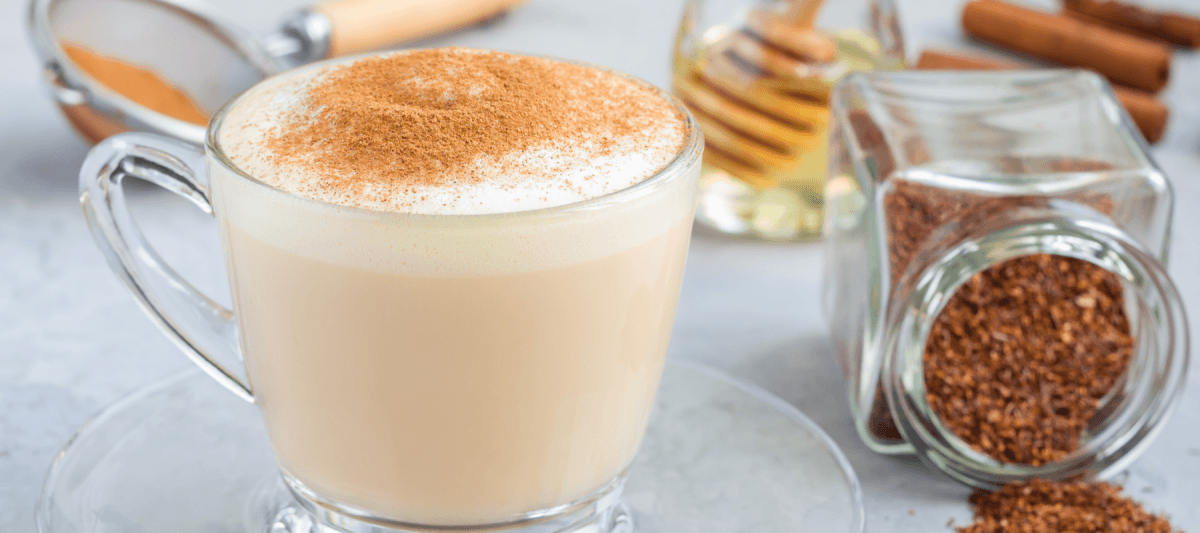
Top 5 Health Benefits of Oolong Tea
What are the health benefits of oolong tea?
Oolong tea has many health benefits, including boosting metabolism, lowering the risk of heart disease, reducing inflammation, improving brain function, and promoting healthy skin, among other benefits.

Oolong tea is a traditional Chinese tea that falls between green and black tea in terms of oxidation. It is produced by withering the tea leaves under the sun and then partially oxidizing them before the final stage of drying. The unique processing method creates a tea with a complex flavor profile that can range from floral and fruity to earthy and smoky. Oolong tea is highly valued for its taste and health benefits and has become increasingly popular around the world.
Tea with Tae offers three different oolong teas: Fruit & Berry Oolong, Coconut Oolong, and WuYi Oolong loose leaf. You can shop these products below.
Oolong tea has many health benefits that have been studied by researchers. One of the most comprehensive studies on oolong tea and its health benefits was just published last year. You can read it here. Here are the top 5 health benefits of oolong tea:
- Boosts Metabolism & Burns Fat: Oolong tea contains caffeine and catechins that have been found to increase metabolism and promote weight loss. It has been shown that oolong tea can help increase fat oxidation and improve insulin sensitivity, which can lead to weight loss and lower risk of developing type 2 diabetes. One experiment tracked more than 100 obese individuals over 6 weeks who consumed at least 8 grams of oolong tea each day. More than 70% of the subjects lost weight.
- Lowers Risk of Heart Disease: Oolong tea is rich in antioxidants, including polyphenols and flavonoids, that help reduce the risk of heart disease. The antioxidants help to prevent the oxidation of LDL cholesterol, which can lead to the formation of plaque in arteries. Additionally, oolong tea has been shown to reduce blood pressure and improve circulation, which also contribute to lower risk of heart disease.
- Reduces Inflammation: Chronic inflammation has been linked to a number of diseases, including cancer and autoimmune disorders. Oolong tea contains compounds that have been shown to reduce inflammation and inhibit the growth of cancer cells. Drinking oolong tea on a regular basis may help to reduce inflammation and lower the risk of developing certain diseases.
- Improves Brain Function: Oolong tea contains caffeine and L-theanine, which can improve cognitive function and mood. Studies have shown that drinking oolong tea can improve attention, alertness, and memory, as well as reduce stress and anxiety.
- Promotes Healthy Skin: Oolong tea contains antioxidants that help protect skin cells from damage caused by free radicals. According to at least one study from Japan, drinking oolong tea on a regular basis may help reduce the signs of aging, such as wrinkles and age spots, and improve overall skin health.
We hope this article was informative and that you feel inspired to add some oolong to your daily wellness routine.
These statements have not been evaluated by the Food and Drug Administration. This product is not intended to diagnose, treat, cure, or prevent any disease.



Leave a comment
This site is protected by reCAPTCHA and the Google Privacy Policy and Terms of Service apply.